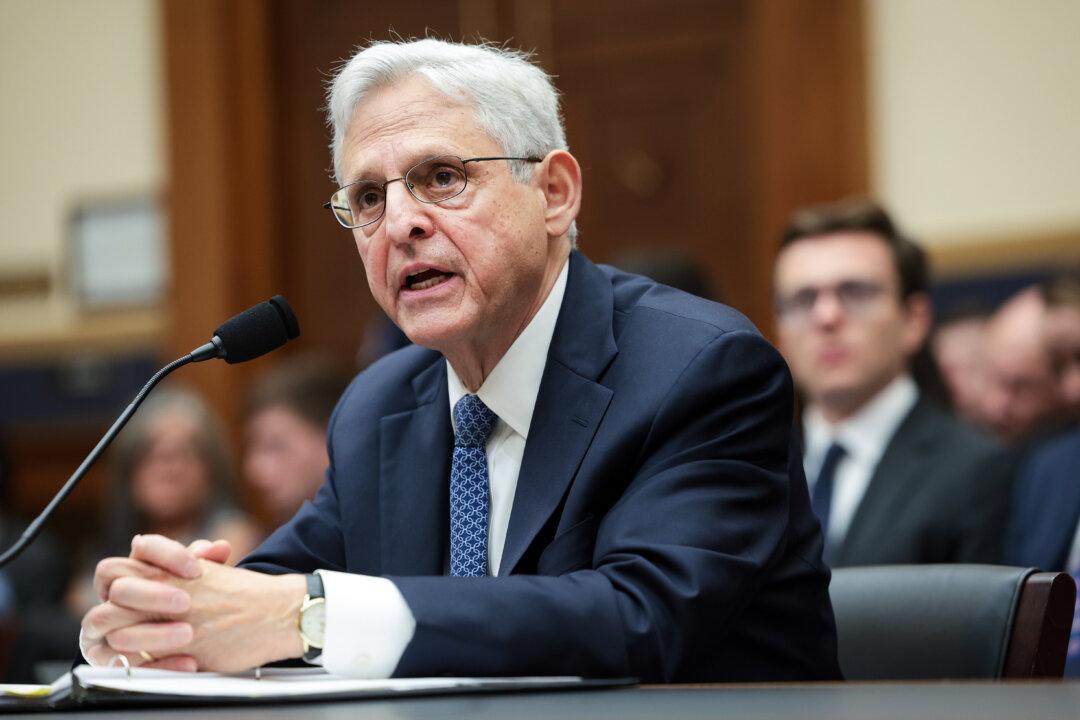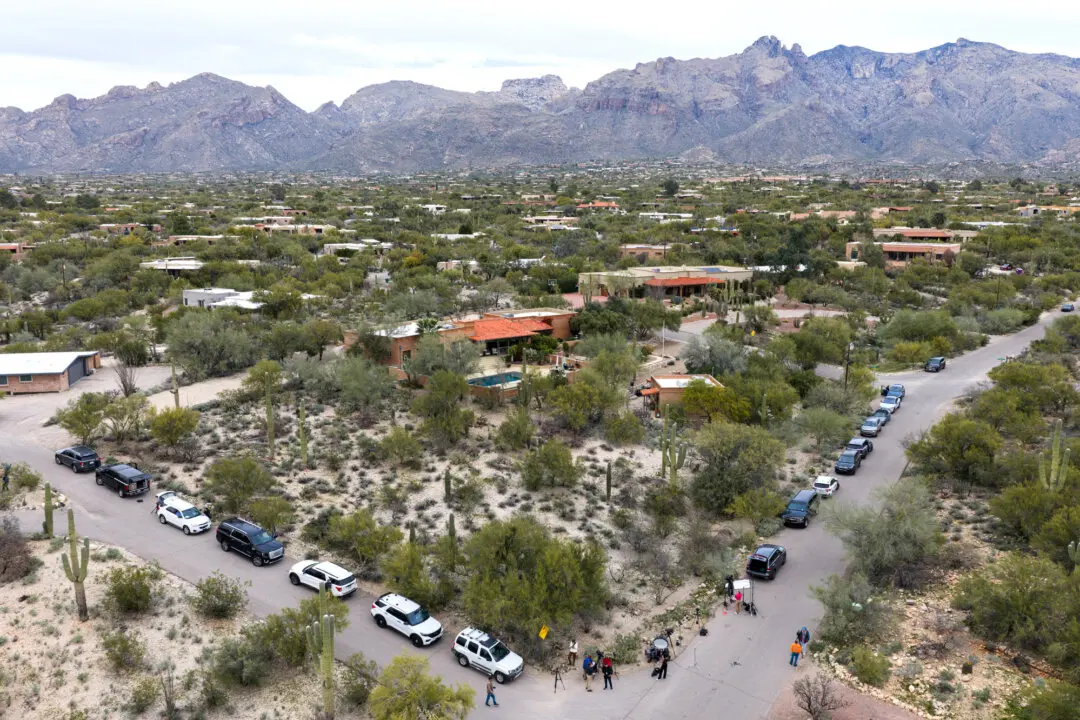Attorney General Merrick Garland on March 3 declared that efforts by states to implement voter ID laws are “unnecessary” and “burdensome,” drawing the ire of Republicans.
While speaking at a church Selma, Alabama, the attorney general was commemorating the 59th anniversary of the targeting of demonstrators by Selma police during an early civil rights protest.





